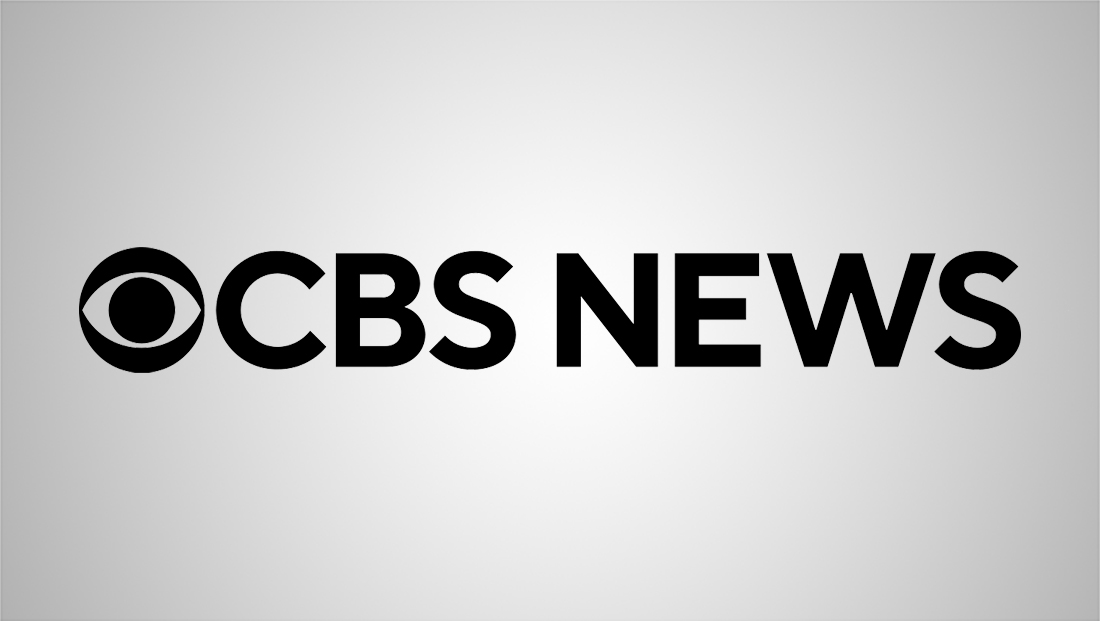Paramount reportedly offers $15M to Trump to settle suit

Weekly insights on the technology, production and business decisions shaping media and broadcast. Free to access. Independent coverage. Unsubscribe anytime.
Paramount Global has reportedly offered Donald Trump $15 million to settle his lawsuit against the network, but that’s much less than it appears Trump might be willing to accept.
Talks of the settlement were reported by the Wall Street Journal, citing unnamed sources.
According to sources, Trump wants more than $25 million to settle and an apology from CBS News. Trump’s legal team has also reportedly threatened CBS with another lawsuit over alleged bias.
Trump first sued CBS for $10 billion after the network aired two versions of a response then-presidential candidate Kamala Harris gave to a network interview that aired in October 2024. One, which was used as a teaser during “Face the Nation,” contained one portion of Harris’ response to the same question while the full segment, which aired later on “60 Minutes,” used a different portion.
Trump claimed that the editing made Harris’ response sound better and argued that it gave her a political advantage.
Shortly after the interview aired, Trump won the election handily.
Trump later increased his lawsuit for $20 billion with little explanation as to why he felt he was harmed to the tune of double the amount of his original lawsuit. It has also never been made clear how Trump’s legal team arrived at either figure or why it increased after he defeated Harris.
Most legal experts say the suit is meritless and arguing Trump is owed any damages from CBS — much less $10 billion or more — would be an uphill battle.
Trump has targeted CBS and other media outlets with a variety of investigations even though the federal government has little oversight over network-produced news programming, with most of its mandated mission covering aspects such as local broadcasting licenses (CBS does hold some of these licenses through its local stations division, but most are held by other companies).
The First Amendment of the U.S. Constitution also grants media outlets free of the press and there is little legal precedence that would entitle someone to automatic renumeration if they felt a TV program somehow harmed or helped political reputations. News programs are generally exempt from the equal time rule of U.S. code and the “fairness doctrine,” which is often mistakenly confused with the equal time law, has not been policy since 1987.
CBS, meanwhile, denied the editing was “doctored or deceitful” and released unedited footage and transcripts of the interview to Trump’s legal team as well as the general public to illustrate its point.
As Paramount Global moves closer to closing its deal to merge with Skydance Media, executives at the company have reportedly talked about if federal approval of the deal could be affected if Trump were unhappy with CBS News, given Trump’s approach to using his power to seek revenge over enemies and people and companies he is unhappy with.
There have also been internal discussions over whether individual board members could be held legally liable for criminal charges of bribing a federal official, should a settlement be reached. There is also concern over shareholder lawsuits.
By offering $15 million, which is the range of what some other major media and tech companies have paid, the company hopes to limit such liabilities, according to sources.
ABC News previously agreed to pay $15 million to Trump, who had sued the network for broadcasting that he was civilly liable for “raping” E. Jean Carroll when the actual legal finding was that he was liable for “sexual abuse.” In New York, the terms are legally distinct.
In both of these instances, the networks paid into a fund that is reportedly reserved for the building of Trump’s library and museum once he leaves office, which was seen as a workaround to avoid creating the appearance that news outlets were paying Trump directly.
That approach, however, has come under more scrutiny after Trump arranged a deal to accept a luxury airliner from the government of Qatar to eventually be used as the primary aircraft to carry the designator of Air Force One. This arrangement included having it be transferred to the Department of Defense with a rider that it will then be handed over to the yet-to-be-launched library and museum project once Trump leaves office — but with provisions that appear to call for Trump to use the plane for his own travel after that point.
Such an arrangement has never been done in U.S. history and causes numerous security, ethics and conflict of interest concerns. Former presidents are eligible to receive a set amount of funding for transportation expenses after leaving office, including private aircraft.
Even if Trump were not to directly personally benefit from funds from lawsuits, it would still add money to the coffers of an organization that, by definition, is meant to support him and share the story of his time in office.
In addition to the networks, Facebook parent Meta also paid $25 million and X paid out $10 million after Trump’s accounts on the platforms were disabled following the January 6 insurrection. Most social platforms’ terms of service have provisions that could allow the owners to disable accounts for a wide variety of reasons.
Reports indicate that at least some staffers at all of these companies, as well as consumers and viewers, have express concern over their companies’ decisions to pay money that would benefit Trump, no matter what method was used.




tags
CBS News, donald trump, Lawsuits, Paramount Global, Paramount Skydance Merger
categories
Featured, Journalism, Networks